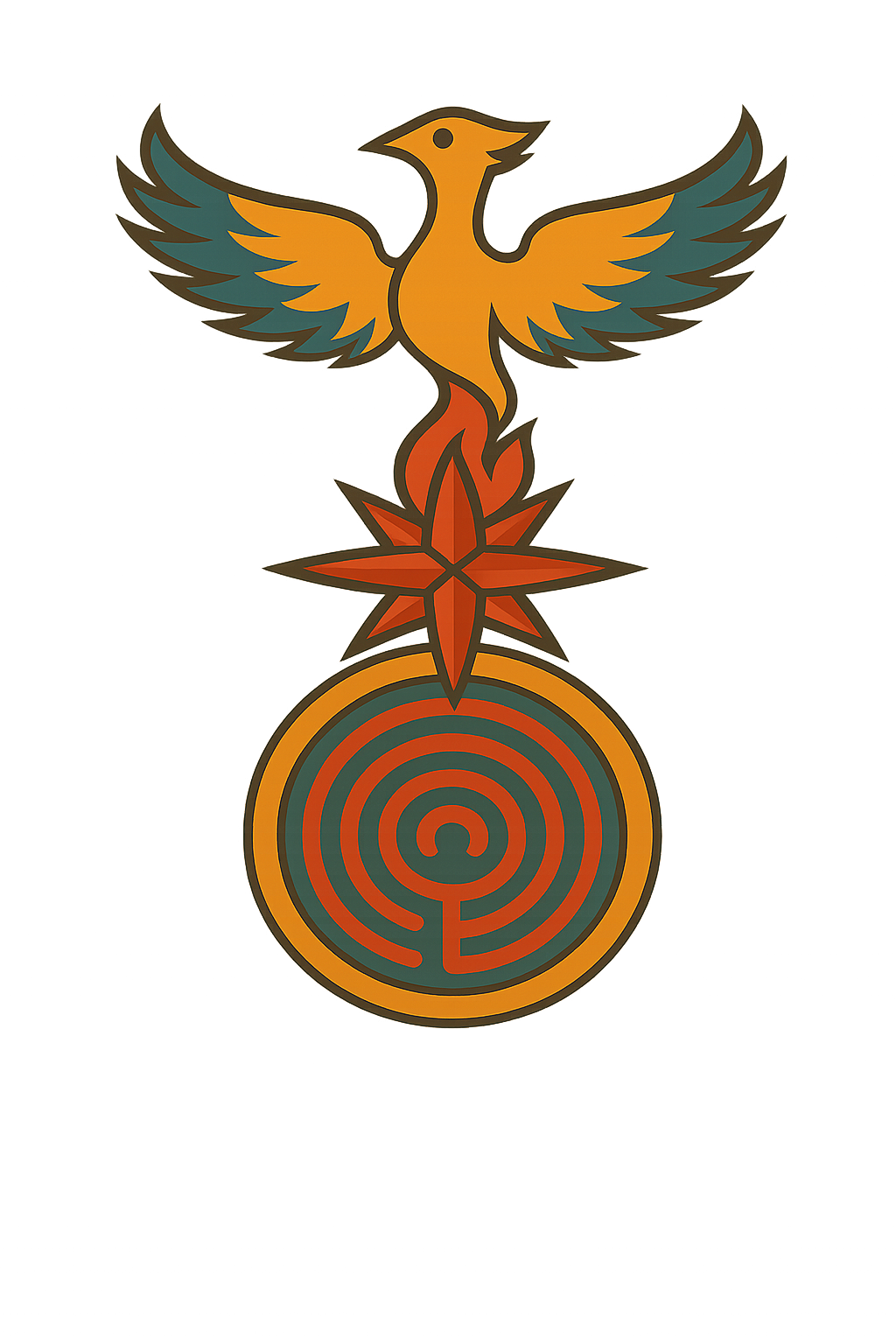
Not a Revival. Not a Return. A Reckoning.
by P. Glenn – Myth Walker
In recent years, ancient gods have begun appearing again -
Not in sacred groves or whispered prayers, but in city squares and public art.
A statue of Hathor here. A digital Baal there.
Their faces carved in metal, their names scrawled in commentary.
And with each appearance, a familiar echo rises:
“See? Paganism is coming back. The war of the gods is not over.”
Some Christians interpret these displays as signs of moral collapse.
Proof that the gods of old - long banished by crosses and creeds - are returning to reclaim lost ground.
They sound the alarm:
“This is spiritual warfare.”
On the other side, artists, critics, and secular myth-evokers respond with irony or fire:
“You tried to kill our gods.
But they’re still here.
You buried our myths under your churches.
And now… the statues rise.”
But here’s the tragedy both sides fail to see:
This isn’t a revival of myth.
And it’s not a return of gods.
It’s a reckoning.
A grief unveiled.
A symbolic protest dressed in old robes.
Myth Without Soul. Spectacle Without Flame.
The Christian alarmists confuse metaphor with menace.
They don’t know how to see myth without fear.
And so any symbol outside their scripture becomes a threat -
A god to defeat.
A demon to cast out.
Meanwhile, the reactionary artists and neo-pagan celebrants often confuse myth with rebellion.
They lift the old gods - not to revere them, but to retaliate.
To mock the empire that erased their ancestors’ names.
To stage justice in the language of drama.
But neither side is actually listening to the gods.
Neither is hearing what myth was meant to say.
Sacred Imagination walks another path.
We don’t worship statues.
We don’t fear them either.
We honor what they represent - a language of meaning our ancestors once knew.
The gods were never meant to be enthroned forever.
Nor were they meant to be shattered in triumph.
They were meant to speak.
To sing.
To symbolize the vastness of being - its beauty, terror, and mystery.
They were never literal.
But they were real.
So no…
This isn’t the return of the gods.
It’s the rise of memory.
It’s mythic grief surfacing in metal and digital form.
It’s a wounded cry from those who lost their voice when the temples were burned.
And yes…
It’s also a mirror held up to the religions that conquered them -
A mirror saying:
“You won. But you forgot why you began.
You silenced the symbols. And lost the song.”
But the song still lingers.
And Sacred Imagination invites you to hear it again -
Not through dogma or defiance,
But through presence.
Through symbol.
Through a story big enough to hold the grief… and still offer meaning.
Not a revival.
Not a return.
But maybe -
just maybe -
a reckoning worth walking through.
